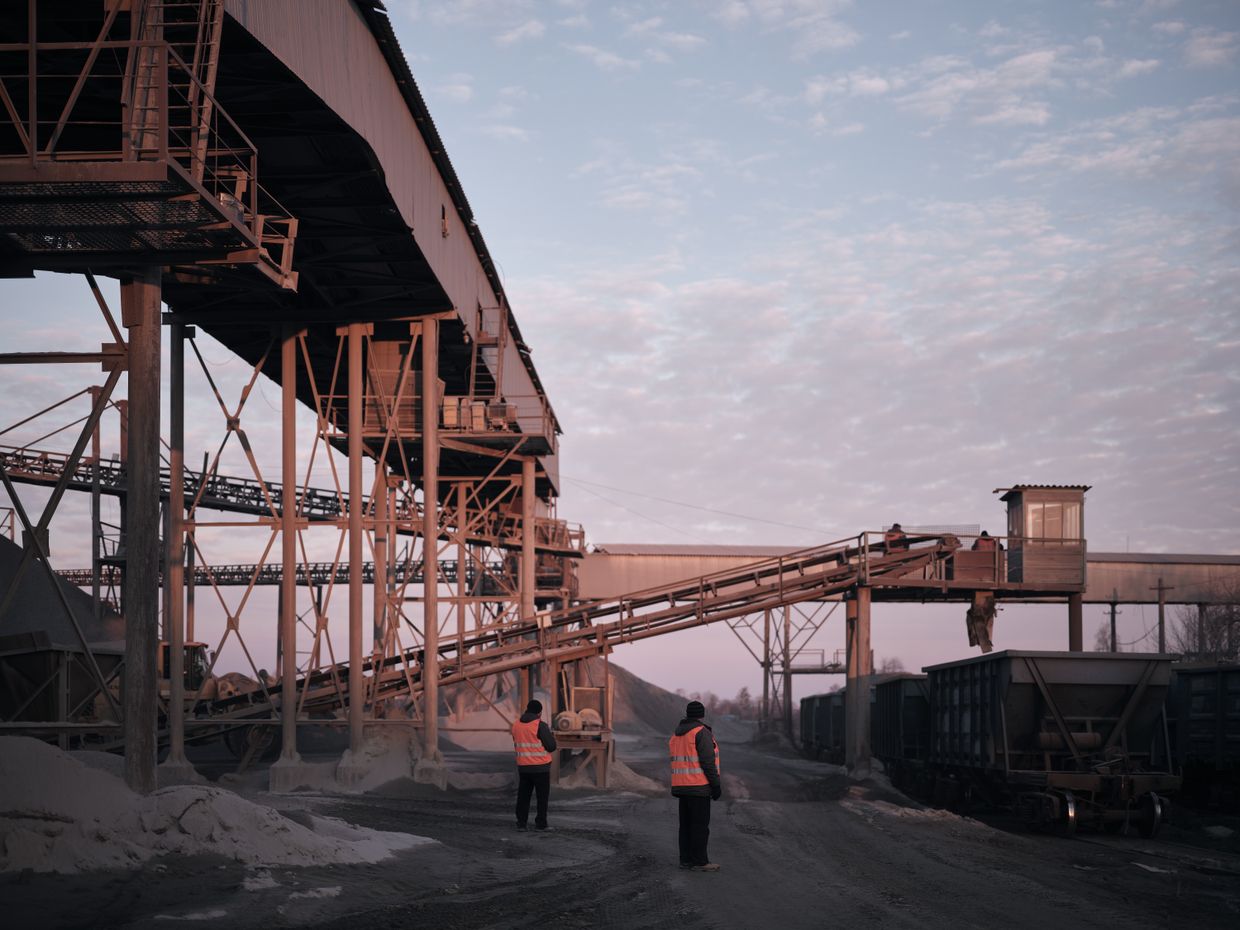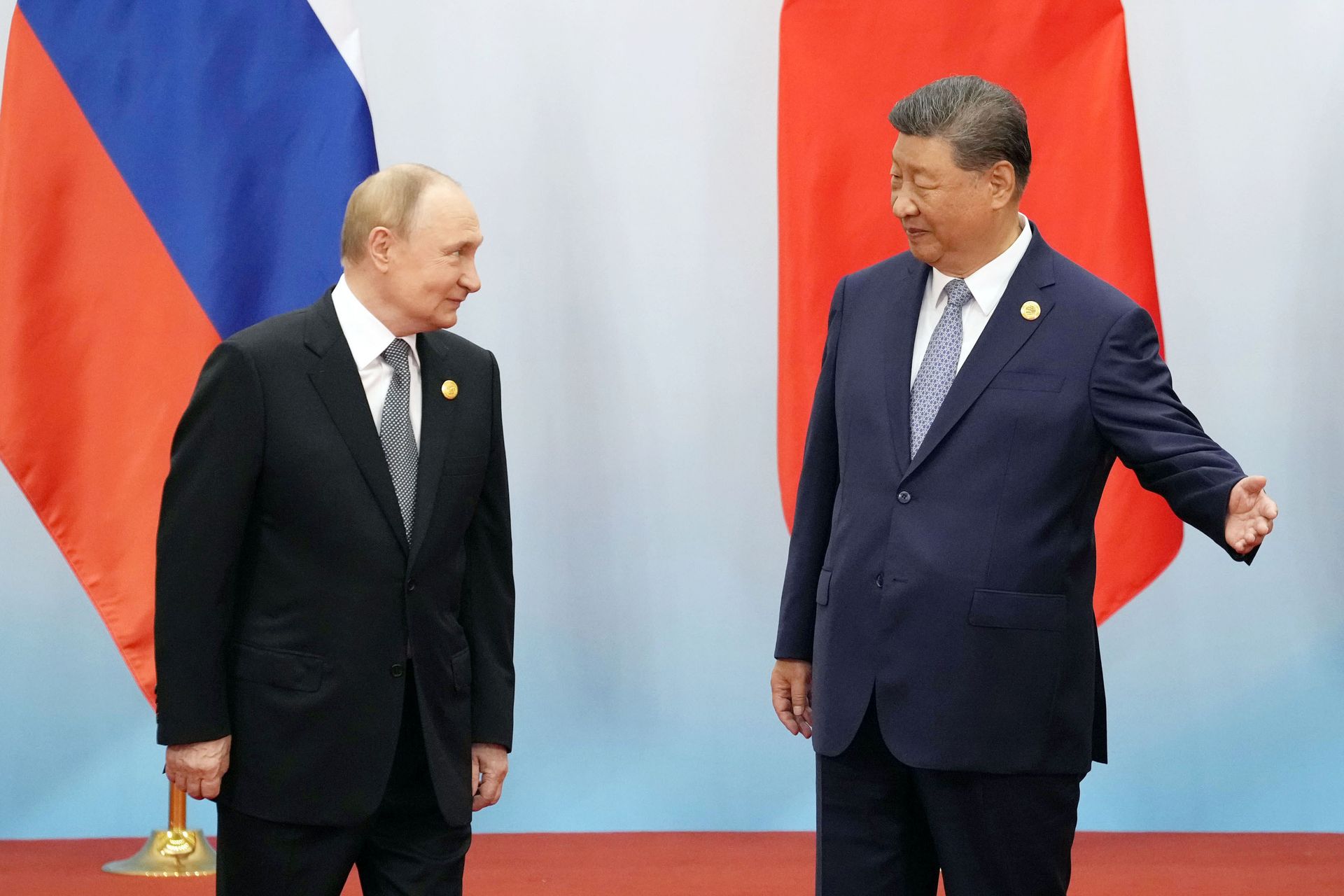Russian economy hits 'technical stagnation,' biggest bank chief warns of 'close to zero' growth

Editor's note: This item has been updated with Russian Economy Minister Maxim Reshetnikov's statement.
Russia's economy slowed sharply from April-June of 2025 and has entered a phase of "technical stagnation," German Gref, the head of Russia's biggest bank, Sberbank, said on Sept. 3.
"The slowdown continues, as we can see from gross domestic product (GDP) growth rates. The second quarter can practically be considered technical stagnation," Gref said at an economic forum.
"July and August show pretty clear signs that we're getting close to zero (economic growth)."
The downturn underscores the limits of Russia's war-fueled expansion, driven by record defense spending but hampered by weak private consumption and shrinking civilian investment.
Russia's GDP expanded 1.8% in the second quarter, up slightly from 1.4% in the first but far below the 2024 pace. The Central Bank expects growth to slow in the third quarter and approach zero in late 2025.
The International Monetary Fund has already cut its 2025 growth forecast for Russia to 0.9%, down from 4.3% last year — the steepest downgrade among major economies.
Gref also noted the Central Bank's key interest rate, currently at 18% following two cuts in 2025, and said it would need to drop closer to 12% to create "hope for an economic recovery."
The economy's slowdown follows repeated warnings from high-level officials.
Central Bank Chief Elvira Nabiullina said in June that Russia had reached "the edge of capacity," while Economy Minister Maxim Reshetnikov said the country was "on the verge of a transition to recession."
Speaking on Sept. 4 to Kremlin-controlled state media channel Russia 1, Reshetnikov said Russia "pays" for inflation and high key interest rate with a "challenging economic situation."
"It is visible in the macroeconomic figures. According to our estimates, GDP growth in July year-on-year was 0.4%. In June, it was 1%," he said. "Moreover, we see that producer price inflation has stopped... which is not a very good sign. It indicates that demand is insufficient."
"Many engineering factories are now underutilized. Some are moving to a four-day workweek, others to a full week. Everywhere, they are trying to optimize costs, including labor costs. Clearly, we are not talking about layoffs, but this is a worrying sign for us."
Russia's authoritarian system permits senior technocrats some rhetorical flexibility, but only within the economic sphere, Russian political scientist Ekaterina Schulmann told the Kyiv Independent in June.
"Our autocracy relies on the expertise of capable managers, particularly those concentrated in the financial and economic bloc of the government," Schulmann said.
A June poll by the independent Russian pollster Levada Center found 58% of Russians named rising prices as their top concern, while just 33% cited the war against Ukraine.












